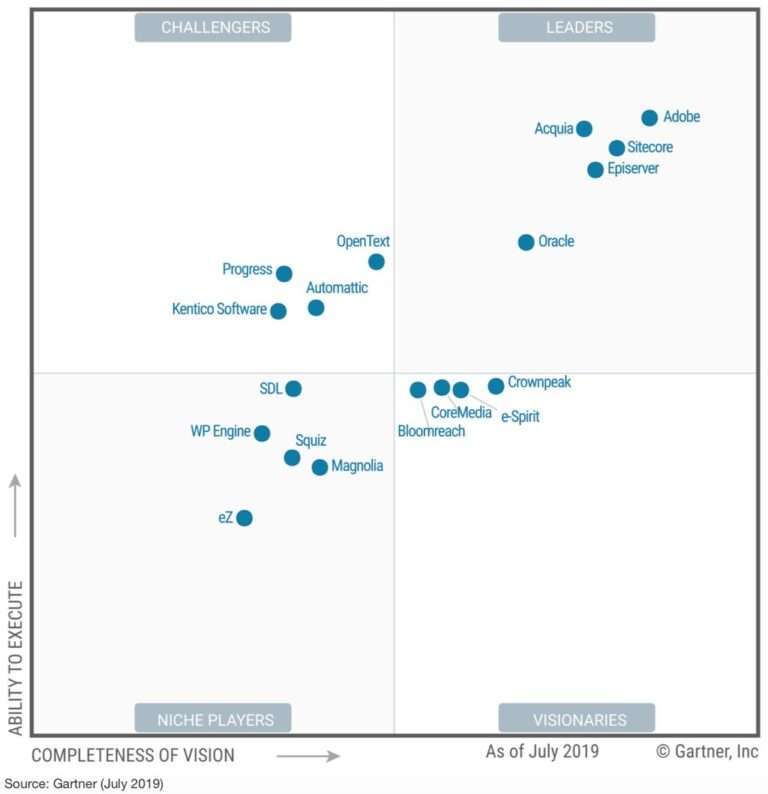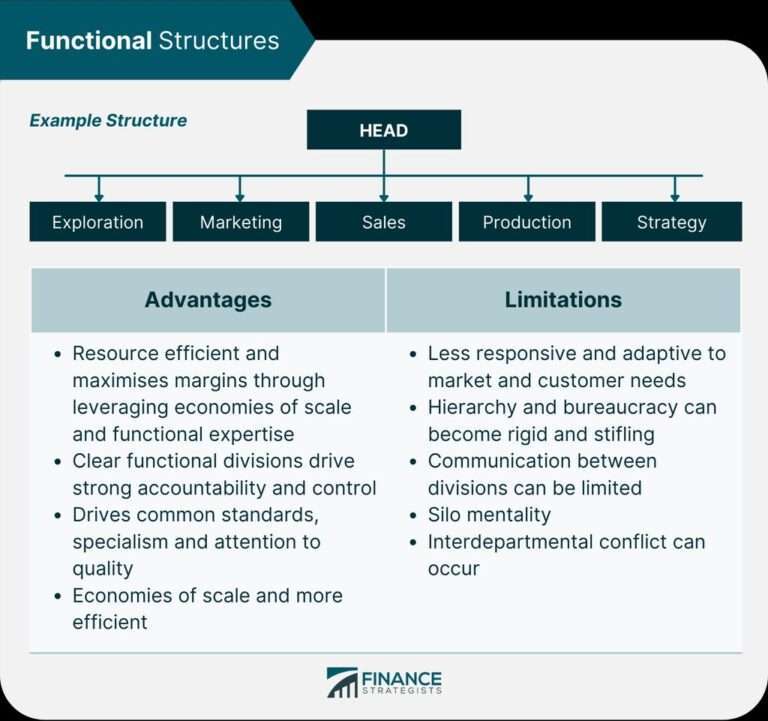Content Marketing vs Social Media Marketing
Content Marketing vs Social Media Marketing by definition
Definition of Content Marketing
Content marketing is a strategic marketing approach that focuses on creating and distributing valuable, relevant, and consistent content to attract and retain a clearly defined audience. It involves the creation of various types of content such as blog posts, articles, videos, infographics, and social media posts. The goal of content marketing is to provide value to the audience by addressing their needs and interests, rather than directly promoting a product or service. By providing valuable content, businesses can build trust and credibility with their audience, ultimately driving customer engagement and loyalty.
Definition of Social Media Marketing
Social media marketing refers to the use of social media platforms to promote products or services, build brand awareness, and engage with the target audience. It involves creating and sharing content on social media channels such as Facebook, Instagram, Twitter, and LinkedIn to reach and connect with potential customers. Unlike content marketing, which focuses on creating valuable and informative content, social media marketing emphasizes the use of social media channels to distribute and amplify the content. It allows businesses to interact with their audience in real-time, gather feedback, and build a community around their brand.
Key Differences between Content Marketing and Social Media Marketing
Content marketing and social media marketing are two distinct strategies that businesses use to reach their target audience and achieve marketing goals. While both approaches involve creating and sharing content, there are key differences in their objectives, platforms, and measurement metrics.
Content Marketing focuses on creating valuable and relevant content to attract and engage a specific target audience. It aims to build trust, establish thought leadership, and drive conversions through educational and informative content. Content marketing often involves the use of blogs, articles, whitepapers, ebooks, and videos.
Social Media Marketing, on the other hand, emphasizes using social media platforms to connect with the target audience, increase brand awareness, and foster engagement. It focuses on creating and sharing content that is entertaining, visually appealing, and shareable. Social media marketing utilizes platforms such as Facebook, Instagram, Twitter, LinkedIn, and YouTube.
One of the key findings of this article is that content marketing and social media marketing complement each other and can be integrated into a comprehensive marketing strategy. While content marketing provides in-depth information and establishes credibility, social media marketing helps amplify the reach of the content and encourages social sharing. By combining these two strategies, businesses can maximize their online presence and effectively engage their target audience.
To learn more about how you can leverage content marketing and social media marketing for your business, visit Unifire and discover how their platform can help you create, optimize, and amplify your content.
Target Audience
Identifying the Target Audience in Content Marketing
In content marketing, identifying the target audience is crucial for the success of your marketing efforts. Understanding who your audience is allows you to tailor your content specifically to their needs, interests, and preferences. By conducting thorough research and analysis, you can gather valuable insights about your target audience’s demographics, behavior, and pain points. This information enables you to create highly targeted and relevant content that resonates with your audience and drives engagement. Additionally, identifying your target audience helps you determine the most effective channels and platforms to distribute your content, ensuring that it reaches the right people at the right time. Overall, a well-defined target audience is the foundation of a successful content marketing strategy.
Identifying the Target Audience in Social Media Marketing
When it comes to identifying the target audience in social media marketing, it is crucial to understand the platform’s demographics and user behavior. By analyzing data such as age, gender, location, and interests, marketers can create targeted campaigns that resonate with their audience. Additionally, social media platforms provide valuable insights and analytics that help measure the success of these campaigns. It is important to continuously monitor and analyze the data to refine the targeting strategy and optimize content for better engagement. Understanding the target audience’s preferences and interests allows marketers to create relevant and compelling content that drives practical successes. By leveraging the power of social media, businesses can reach a wider audience and build strong connections with their customers. To learn more about effective strategies for reaching the target audience in social media marketing, check out Unifire’s comprehensive guide on social media marketing strategies.
Effective Strategies for Reaching the Target Audience
When it comes to reaching your target audience, both content marketing and social media marketing offer unique strategies. In content marketing, it is essential to identify your audience’s needs and interests and create valuable and informative content that resonates with them. This can be achieved through in-depth research, understanding their pain points, and addressing them effectively. On the other hand, social media marketing provides a platform for direct interaction and participation with your audience. By leveraging social media platforms, you can engage with your target audience, build relationships, and encourage them to share your content with their networks. This can significantly increase your brand’s visibility and reach. Participation plays a crucial role in social media marketing as it allows your audience to actively engage with your brand and become advocates. By providing valuable content and encouraging participation, you can foster a loyal community of followers and expand your reach even further.
Content Creation
Creating Engaging Content for Content Marketing
When it comes to content marketing, creating engaging content is crucial for capturing the attention and interest of your target audience. Engaging content is not just about providing valuable information, but also about creating a connection with your audience through engagement and interaction. This can be achieved by incorporating interactive elements such as quizzes, polls, and surveys into your content. Additionally, storytelling is a powerful technique that can captivate your audience and keep them engaged throughout the content. By telling compelling stories that resonate with your audience’s emotions and experiences, you can create a deeper connection and increase their engagement with your content. It’s important to remember that engagement and interaction are key factors in building a loyal and active audience for your content marketing efforts.
Creating Shareable Content for Social Media Marketing
When it comes to social media marketing, creating shareable content is crucial for increasing brand visibility and engagement. Shareable content is content that resonates with your target audience and encourages them to share it with their own networks. To create shareable content, you need to understand your audience’s interests, preferences, and pain points. Conducting thorough research and using social listening tools can help you gain insights into what type of content your audience is most likely to share. Additionally, incorporating visual elements such as images, videos, and infographics can make your content more visually appealing and shareable. It’s also important to optimize your content for different social media platforms by tailoring the format, length, and messaging to each platform’s unique characteristics. By creating shareable content, you can expand your reach, increase brand awareness, and drive more traffic to your website or landing pages.
CTA: Visit Unifire to learn more about creating shareable content for social media marketing.
How to Create Shareable Content for Social Media Marketing:
- Identify your target audience and their preferences.
- Conduct research and use social listening tools to understand what type of content resonates with your audience.
- Incorporate visual elements such as images, videos, and infographics to make your content more visually appealing.
- Optimize your content for different social media platforms by tailoring the format, length, and messaging to each platform’s unique characteristics.
- Encourage social sharing by including social sharing buttons and calls to action in your content.
- Monitor and analyze the performance of your shareable content to make data-driven optimizations.
- Continuously experiment and iterate on your content strategy to improve engagement and reach on social media.
Content Optimization Techniques for Better Results
When it comes to content optimization techniques, there are several strategies that can help improve the effectiveness of your marketing efforts. One key insight is the importance of conducting keyword research to identify relevant and high-performing keywords for your content. By incorporating these keywords strategically throughout your content, you can increase its visibility and reach. Additionally, optimizing your content for search engines by using meta tags, descriptive headings, and alt text for images can improve its ranking in search results. Another technique is to create well-structured and organized content, including the use of headings, subheadings, and bullet points to make it easier for readers to navigate and digest. Furthermore, incorporating visual elements such as images, videos, and infographics can enhance engagement and make your content more shareable on social media platforms. Finally, regularly analyzing and monitoring the performance of your content through metrics such as page views, engagement rate, and conversion rate can provide valuable insights for further optimization. To take your content optimization to the next level, consider using Unifire, a powerful tool that can help you scale your content production and create unique, personalized content that resonates with your audience. With Unifire, you can turn webinars, podcasts, and other long-form content into blog posts, articles, and reports that capture the essence of your insights. Don’t settle for generic content – let Unifire revolutionize your content marketing strategy and take your results to new heights.
| Content Optimization Techniques |
|---|
| Conduct keyword research |
| Optimize for search engines |
| Create well-structured content |
| Incorporate visual elements |
| Analyze and monitor performance |
Call to Action:
To learn more about how Unifire can transform your content marketing, visit Unifire today!
How to Optimize Your Content for Better Results:
- Conduct thorough keyword research to identify relevant and high-performing keywords.
- Incorporate these keywords strategically throughout your content.
- Optimize your content for search engines by using meta tags, descriptive headings, and alt text for images.
- Create well-structured and organized content with headings, subheadings, and bullet points.
- Include visual elements such as images, videos, and infographics to enhance engagement.
- Regularly analyze and monitor the performance of your content using metrics such as page views, engagement rate, and conversion rate.
- Consider using Unifire to scale your content production and create unique, personalized content that resonates with your audience.
- Visit Unifire to learn more about how it can revolutionize your content marketing strategy.
Measurement and ROI
Measuring Success in Content Marketing
Measuring the success of your content marketing efforts is crucial to understand the effectiveness of your strategies and make data-driven decisions. There are several key metrics that can be used to measure the success of content marketing campaigns, such as website traffic, engagement metrics (likes, comments, shares), conversion rates, and lead generation. By analyzing these metrics, you can gain insights into the performance of your content and identify areas for improvement. It is also important to track the ROI of your content marketing efforts to ensure that you are getting a positive return on your investment. By combining these metrics and analyzing the data, you can make informed decisions and optimize your content marketing strategy for better results.
Measuring Success in Social Media Marketing
Measuring success in social media marketing is crucial for evaluating the effectiveness of your campaigns and optimizing your strategies. One key metric to consider is the engagement rate, which measures the level of interaction and involvement your audience has with your social media content. This includes likes, comments, shares, and clicks. Another important metric is reach, which indicates how many people have seen your content. By tracking these metrics, you can determine the impact of your social media marketing efforts and make data-driven decisions to improve your results. Additionally, it’s essential to monitor the conversion rate, which measures the percentage of social media users who take a desired action, such as making a purchase or signing up for a newsletter. This metric helps you assess the effectiveness of your social media campaigns in driving tangible business outcomes. To accurately measure success in social media marketing, it’s important to set specific goals and track the relevant metrics that align with those goals. By regularly analyzing and evaluating your social media performance, you can identify areas for improvement and optimize your strategies to achieve better results.
Calculating Return on Investment (ROI) for Marketing Efforts
Calculating the return on investment (ROI) for your marketing efforts is crucial in determining the effectiveness of your content marketing and social media marketing strategies. ROI helps you understand the value you are getting from your marketing investments and enables you to make informed decisions about resource allocation and budgeting. To calculate ROI, you need to consider the costs incurred in creating and promoting your content, as well as the outcomes achieved, such as increased website traffic, lead generation, and conversions. By analyzing these metrics, you can determine the success of your marketing campaigns and identify areas for improvement. It is important to note that ROI calculations may differ between content marketing and social media marketing due to the unique goals and metrics associated with each strategy. However, regardless of the approach, measuring ROI allows you to evaluate the impact of your marketing efforts and make data-driven decisions for future campaigns.
CTA: Unifire
How to Calculate ROI for Marketing Efforts:
- Identify your marketing objectives and goals.
- Determine the costs associated with your marketing activities, including content creation, distribution, and advertising.
- Measure the outcomes of your marketing efforts, such as website traffic, leads generated, and conversions.
- Calculate the ROI using the formula: ROI = (Revenue – Cost) / Cost * 100.
- Analyze the ROI to assess the effectiveness of your marketing strategies and identify areas for improvement.
- Use the insights gained from ROI analysis to optimize your future marketing campaigns and allocate resources effectively.
By consistently measuring and analyzing ROI, you can ensure that your marketing efforts are delivering a positive return on investment and driving business growth.
Measurement and ROI are crucial aspects of any business. It is important to track and measure the success of your marketing efforts to ensure that you are getting a return on your investment. At Unifire, we understand the importance of measurement and ROI, which is why we offer a range of tools and services to help you analyze and optimize your marketing campaigns. Whether you are looking to track website traffic, monitor social media engagement, or measure the effectiveness of your email marketing, our platform has got you covered. Take control of your marketing ROI with Unifire and start making data-driven decisions today!








